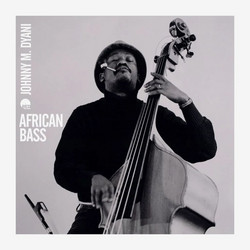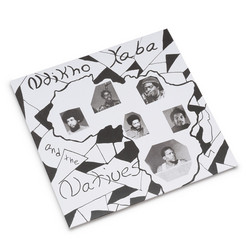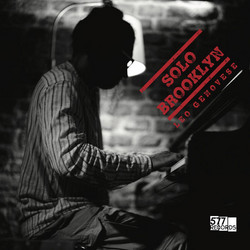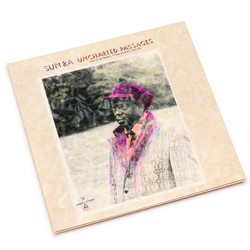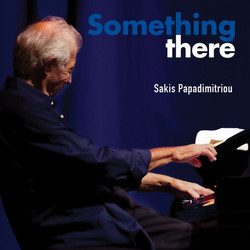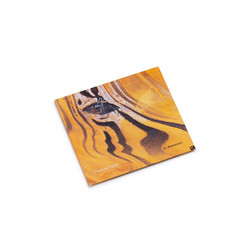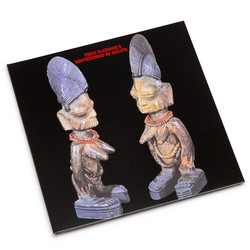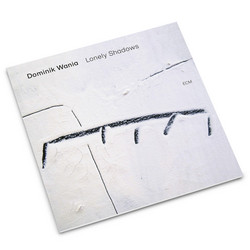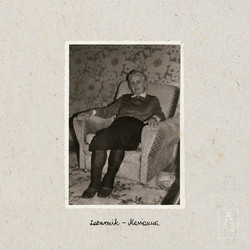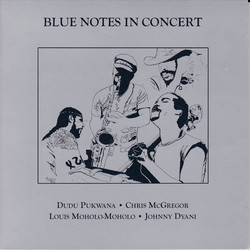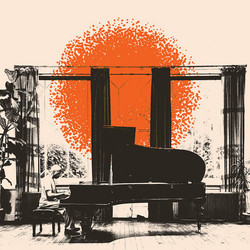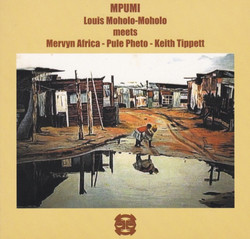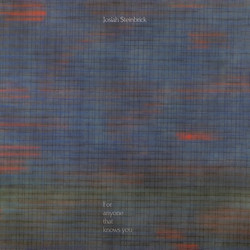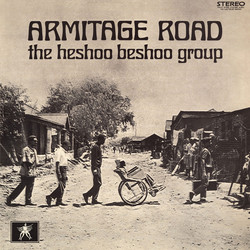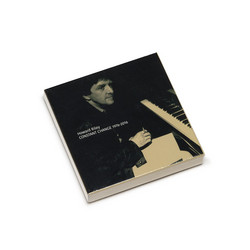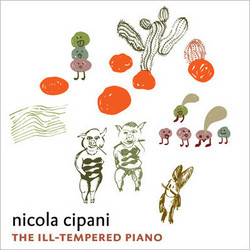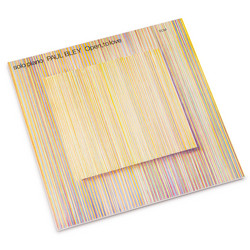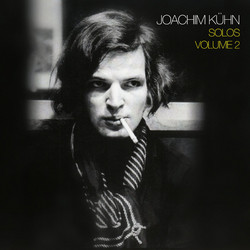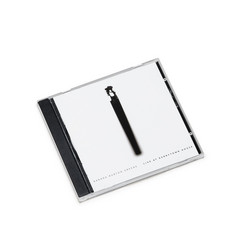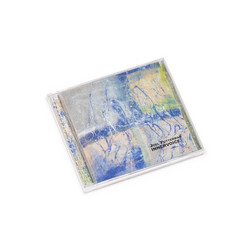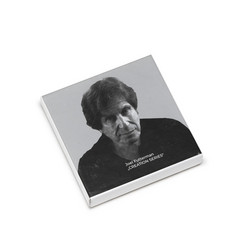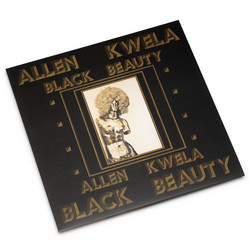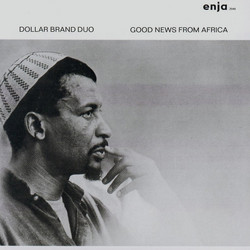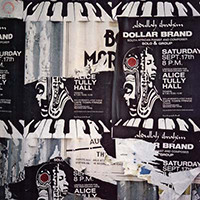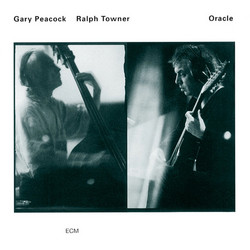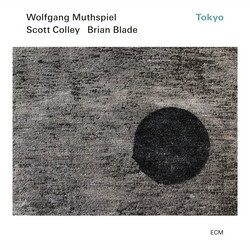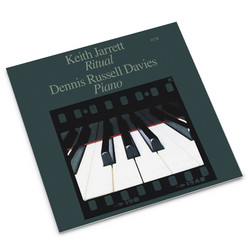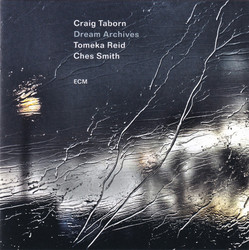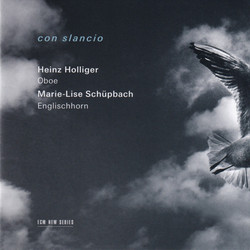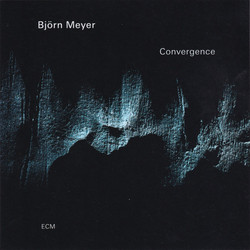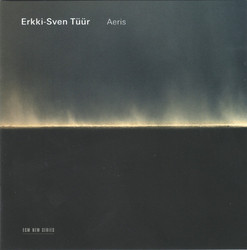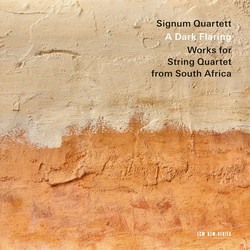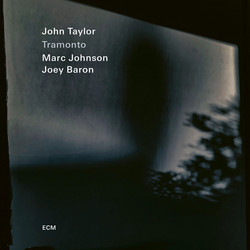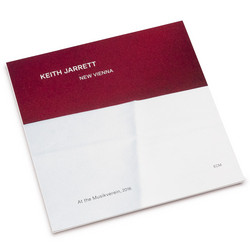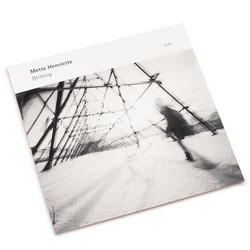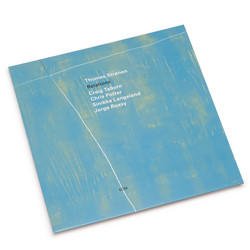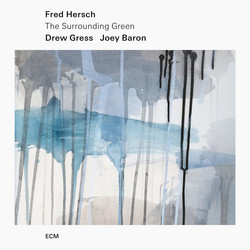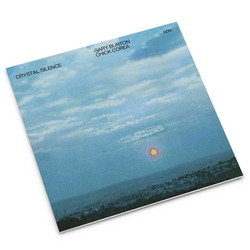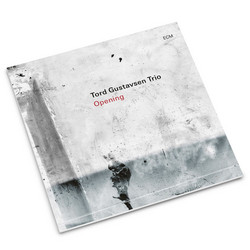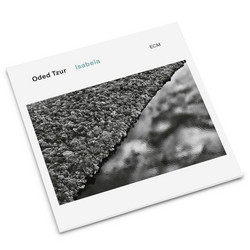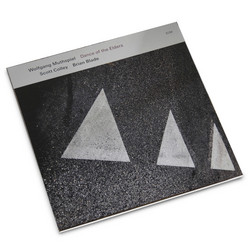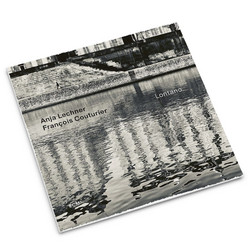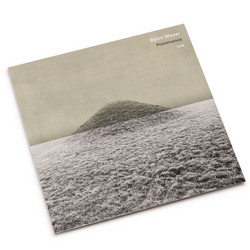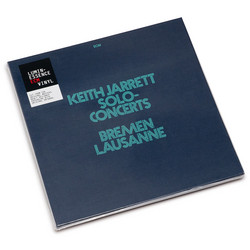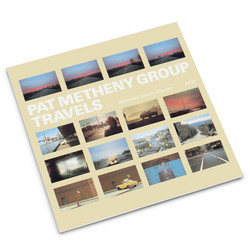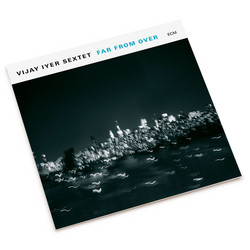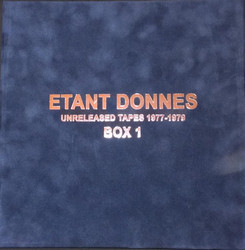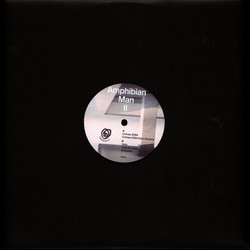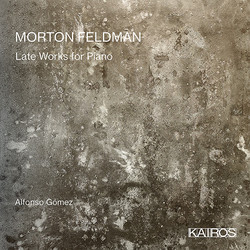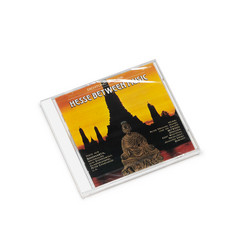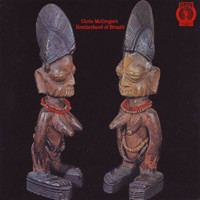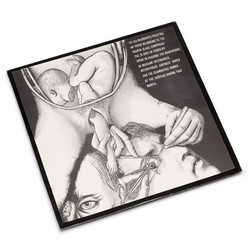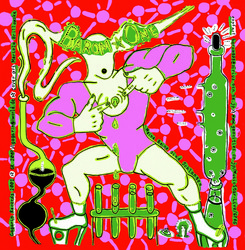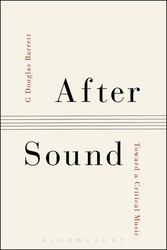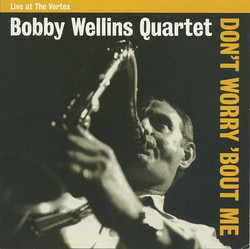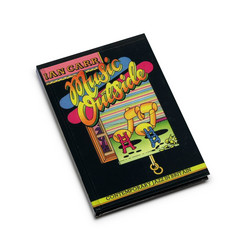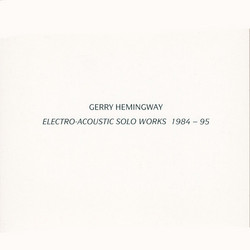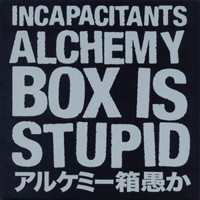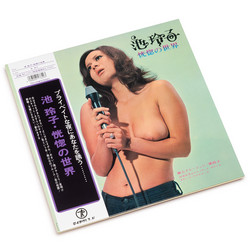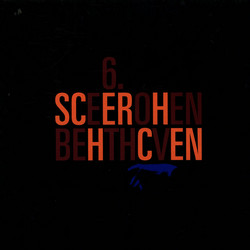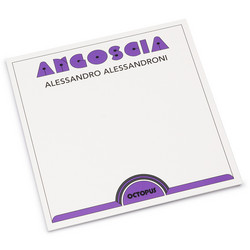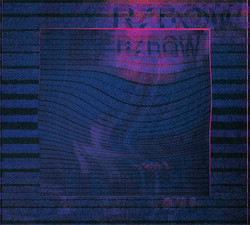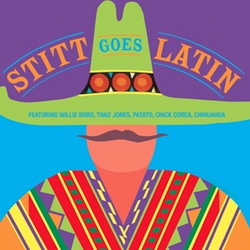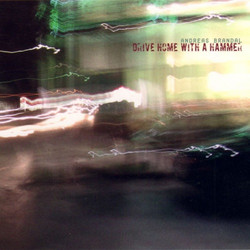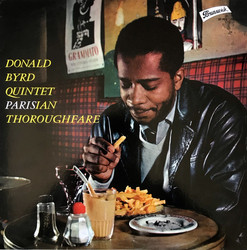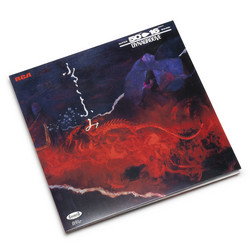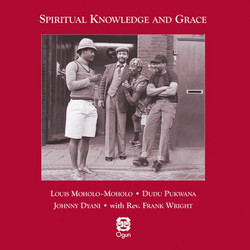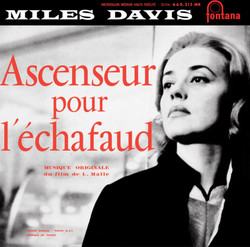South African pianist-composer Abdullah Ibrahim (born Adolph Johannes "Dollar" Brand), still performing at the time of this 1969 live album under the moniker “Dollar” Brand, unleashed a mastery so enticing on African Piano, it’s a wonder that any of the folks at the club where it was recorded had the resolve to treat it as background to their dining. By the same token, reinforcement of that fact by constant ambient noises renders Ibrahim’s performance all the more sacred by contrast.
Amid a sea of chatter, cleared throats, and sudden intakes of breath, he breaks the surf with the gentle yet hip ostinato of “Bra Joe From Kilimanjaro,” working meditative tendrils into the bar light. Over this his right hand brings about an explosive sort of thinking that spins webs in a flash and connects them to larger others. With clarion fortitude, he drops bluesy accents along the way: a trail of crumbs leading to “Selby That The Eternal Spirit Is The Only Reality.” Ironically (or not), this is the most solemn blip on the album’s radar and blends into the ivory tickling of “The Moon.” Here Ibrahim’s heartfelt, dedicatory spirit comes to the fore, proving that, while technically proficient, he possesses a descriptive virtuosity that indeed evokes a pockmarked surface lit in various phases, harnessing sunlight as if it were skin in dense, vibrating harvest. The kinesis of this tune is diffused in the tailwind of “Xaba,” which then flows into “Sunset In Blue.” Ibrahim’s ancestral awareness is clearest here. The level of respect evoked for both the dead and the living lends a ritualistic quality by virtue of tight structuring, which despite hooks at the margins flies freely in its magic circle. “Kippy” is a smoother reverie with flickers of flame. A beautiful amalgam of measures and means, it slips an opiate of reflection into its own drink. After this, the intense two minutes of gospel and downward spirals that is “Jabulani—Easter Joy” takes us into “Tintinyana,” thereby crystallizing the album’s flowing energies. Tracks bleed into one another: they runneth from the same cup, their spiritual resonance deep and true.
African Piano is a gorgeous, thickly settled album, but one that is always transparent when it comes to origins. Such is the tenderness of Ibrahim’s craft, which speaks with a respect that transcends the sinews, muscles, and eardrums required to bring it to life. It finds joy in history, connecting to it like an Avatar’s tail to steed.

